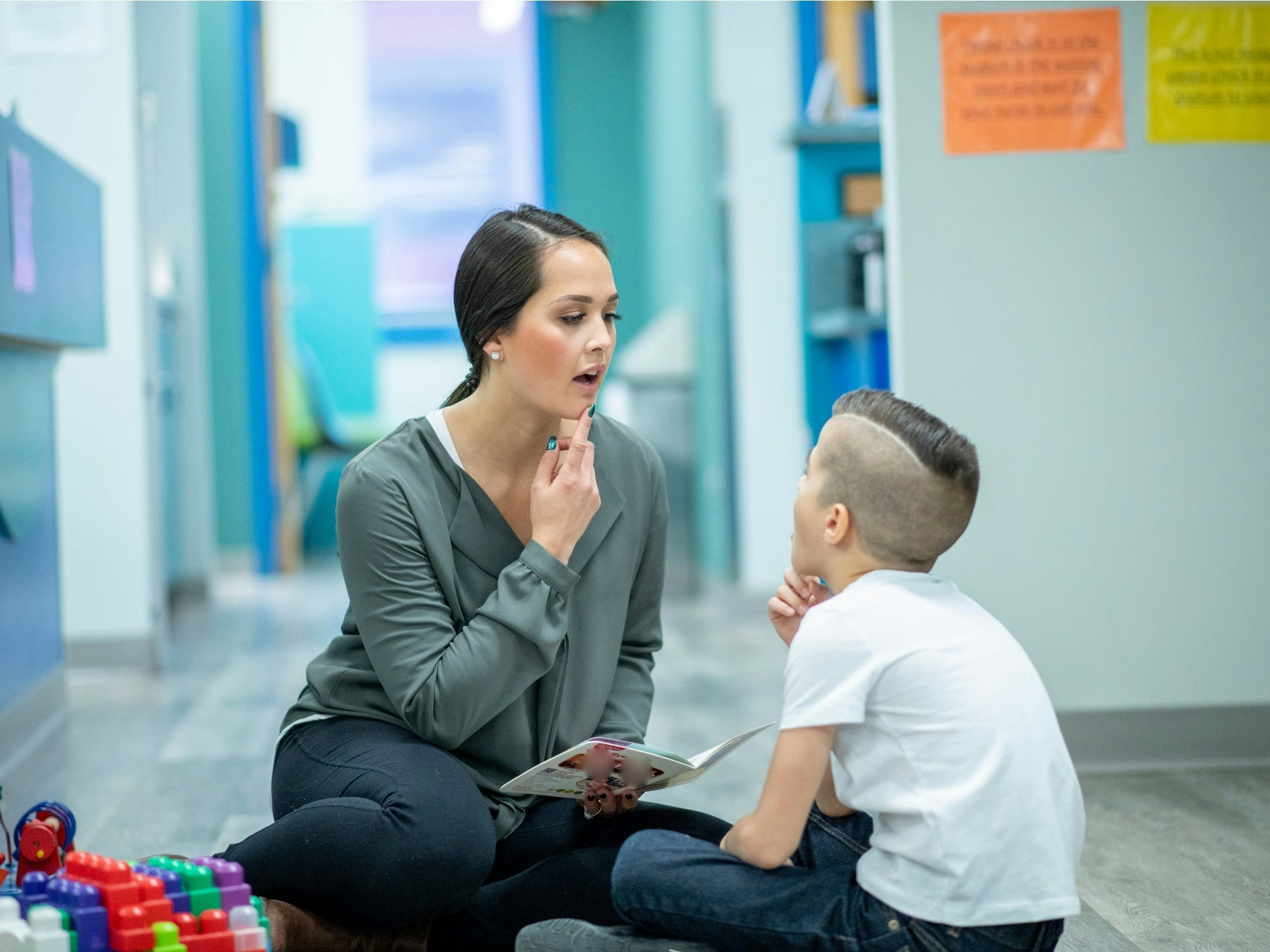Speech Pathology Week shines a light on ‘hidden’ disability

Across Australia, there are 1.2 million people living with some form of communication disability, which statistics say can affect relationships, employment, education and social inclusion.
Research from the Australian Bureau of Statistics (ABS) shows that only 38 percent of people with communication disability participate in the workforce compared with 80 percent of people without a communication disability.
Speech Pathology Australia National President, Tim Kittel, says successful communication is a basic human right and the key to quality of life across all ages, particularly at a time when we’re all feeling more socially isolated.
“The pandemic highlights the importance of connection and communication. For those living with communication disabilities, social isolation presents a daunting challenge.
“Communication disabilities are commonly misunderstood and remain undiagnosed, often because they are invisible, unseen and out of sight,” he said.
“When someone has difficulty comprehending information or getting their message across, it’s not immediately clear speech pathology is an option, and can effectively bring connection with others quickly, and in a life-changing way.”
“There are many types of communication disabilities across the lifespan and speech is just one form in which we connect”.
Speech Pathology Australia has decided to put a spotlight on this ‘hidden’ disability during Speech Pathology Week which runs from 23- 29 August.
For some people, their communication disability means they may need to get their message across through other means such as electronic voice output devices, word-based or picture-based communication boards or books, sign, gesture and writing.
The goal for Speech Pathology Week is to increase understanding of communication disabilities amongst the Australian community, giving the millions of Australians living with one the impetus to seek the support they need to be communicating with confidence.
Speech pathologist Dee Wardrop says communicating with confidence is life defining.
“Our ability to communicate and be able to express our ideas and needs is the essence of what connects us to our community.
“During the COVID-19 outbreak this year, we’ve all seen our physical interactions reduced and our communication for social connection become even more important. And face masks have introduced new communication challenges.
“For many people this has highlighted how important it is to be confident in your communication. Being able to communicate with confidence is something many take for granted.”
In recent years there have been increasing efforts to raise awareness, and develop programs, resources, standards and guidelines to improve communication access for people with communication disability.
“These efforts have effected changes in legislation in some countries to better uphold the human rights of people with a communication disability, Mr Kittel explains.
“Though legislation in this area in Australia remains limited, with ‘access’ tending to focus on physical access or general access to information and communication technologies.
“People with communication disability are at a disadvantage when it comes to employment, education and independence.
“It’s simple. Better communication leads to a better life. Everyone in our community can help people lead better lives by being more aware and accepting of communication disabilities.”
More information on communication disabilities and Speech Pathology Week is available on Speech Pathology Australia’s website.